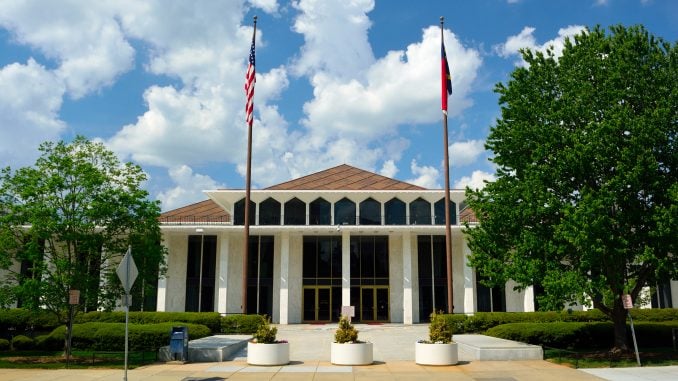
RALEIGH — The non-partisan fiscal research division of the General Assembly released a revised revenue forecast last week projecting state tax collections would exceed predictions by $277 million over the next two budget years.
In the announcement, the fiscal research division said there was consensus on the forecast with the Office of State Budget and Management as the two agencies agreed to revise their forecasts upward for 2019 through 2021. In August the agencies said the state collected $896.6 million more than the budget. The prior forecasts from the two agencies had pegged the surplus at $643 million before the actual numbers came in.
Now, the Fiscal Research Division and Office of State Budget and Management are projecting the state will collect $167 million more in revenue than projected in 2019-2020 and $110 million more in 2020-2021.
“The North Carolina House remains committed to growing our economy with smart fiscal policies that provide tax relief, responsible spending, and revenue surpluses to grow our rainy day reserves and fund critical needs like pay raises and disaster relief,” said House Speaker Tim Moore (R-Kings Mountain). “It is essential that North Carolina stay on the right track and not return to the old days of rising tax rates, budget deficits, and debt. Our state is poised for unique success in the next decade if we maintain policies that work for the workforce, families, and businesses.”
The nearly 2018-19 budget surplus resulted from better than expected growth in individual income and sales taxes. Collections from other state revenue sources were in line with previous forecasts.
Following the announcement of the nearly $900 million in additional revenue, Moore and Senate Leader Phil Berger (R-Eden) announced a plan to return some of the surplus to taxpayers. “Tax revenues don’t belong to the government, they belong to the people who earned it,” said Berger. “We collected more money than was needed, so we’re giving it back.”
The Senate passed House Bill 74, the Taxpayer Refund Act, on August 27 and it is now in the House Finance Committee awaiting a hearing. It passed the Senate 30-16 with four Democrats joining the GOP in advancing the bill out of the chamber.

